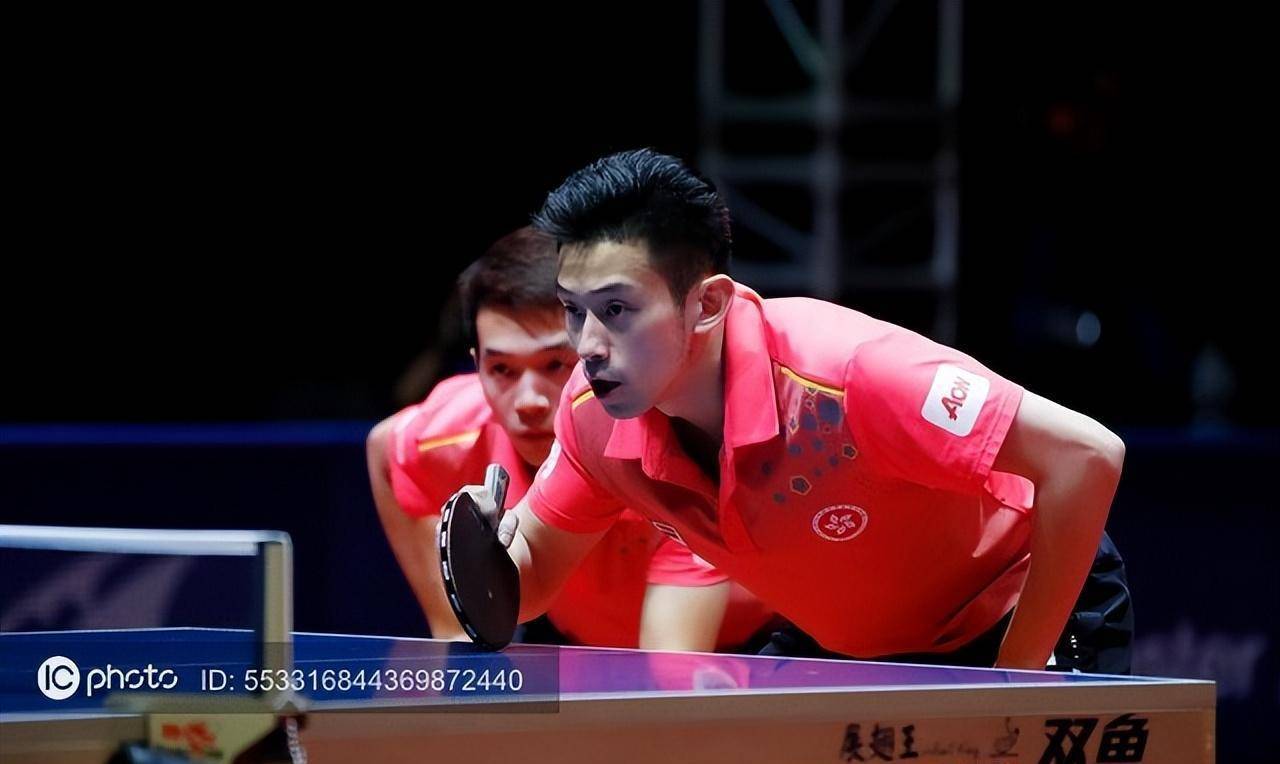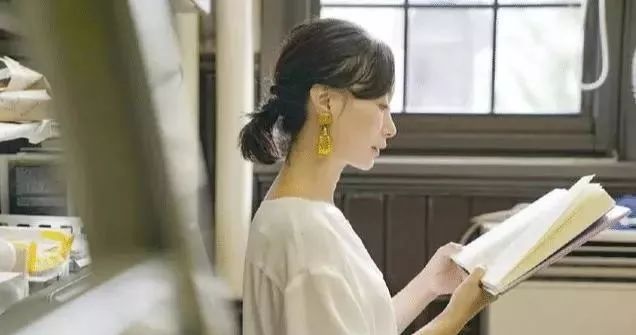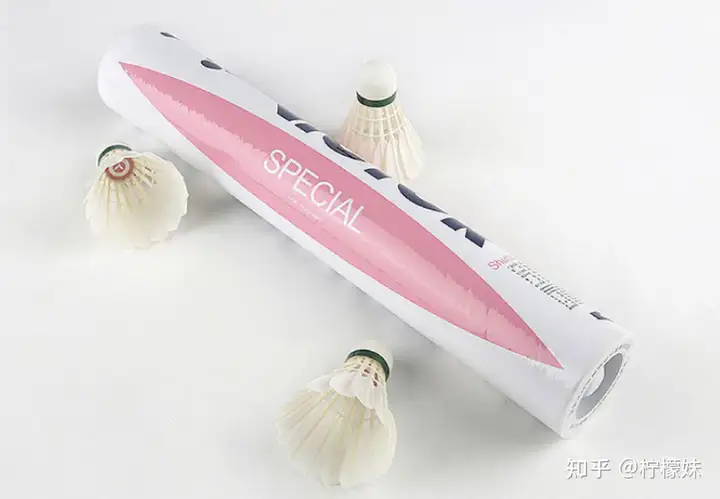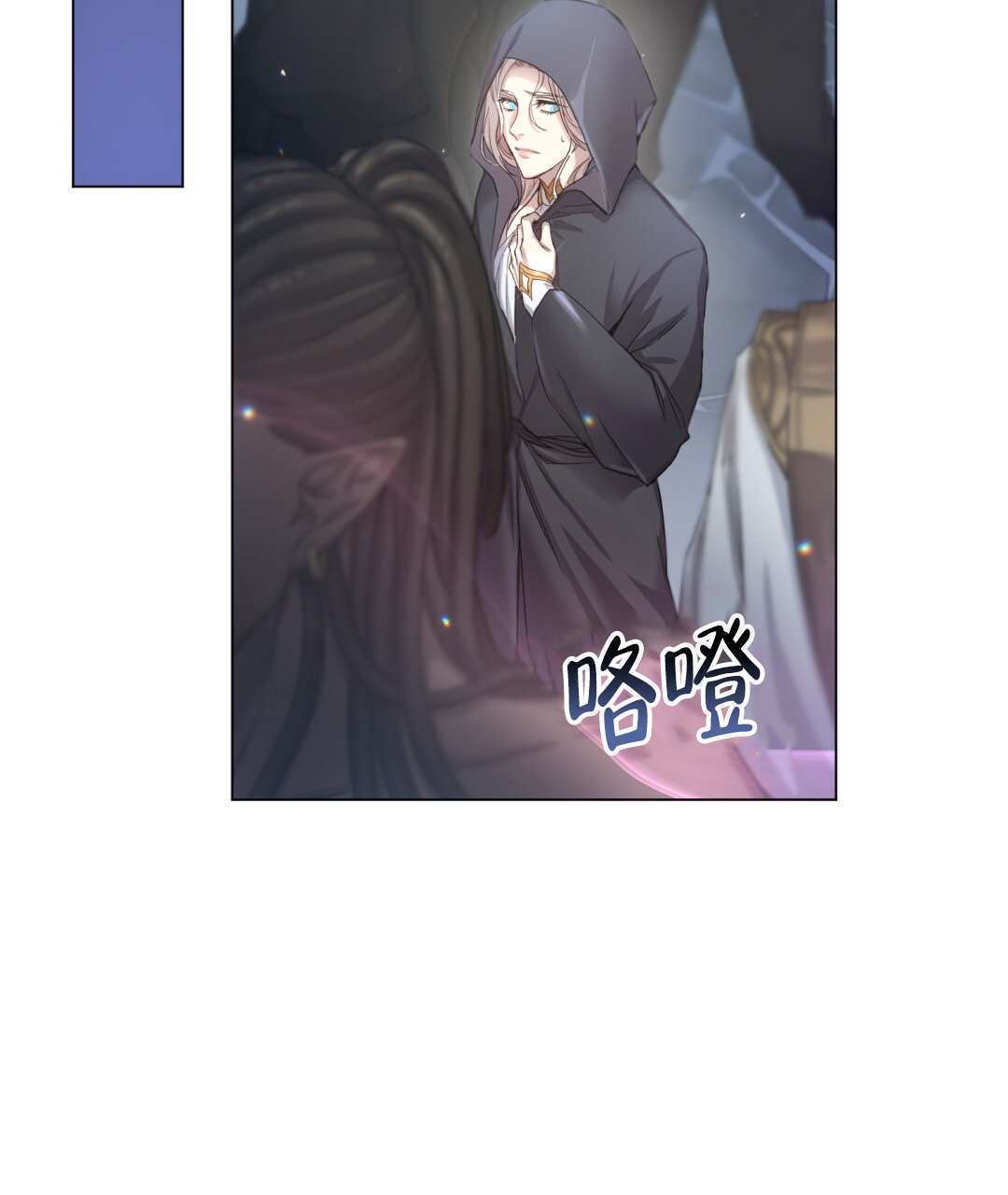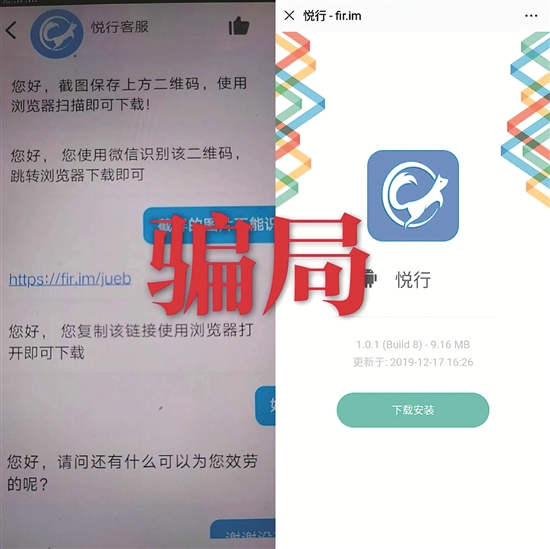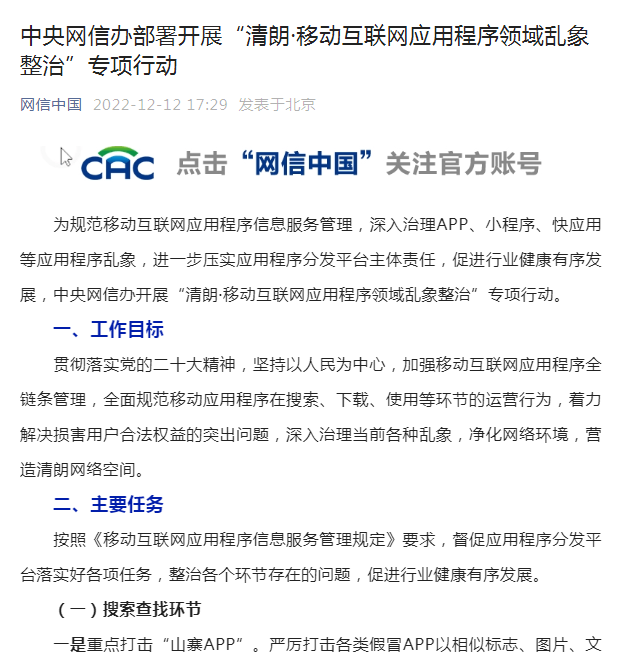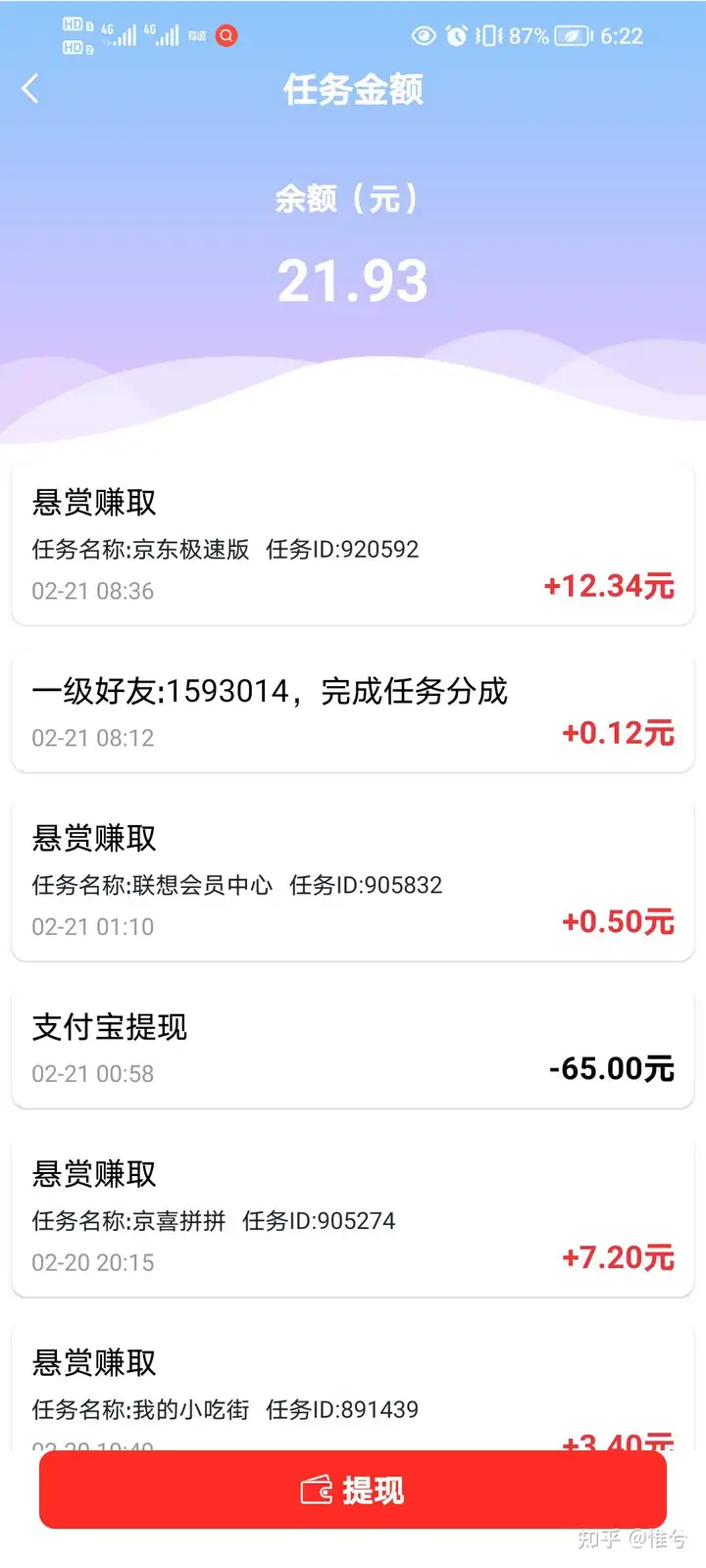人教PEP版英语六年级上册期末复习知识要点,期末复习必备

六年级上册期末复习知识总结
Unit1 How can I get there?
一、重点单词和短语
Science科学
museum博物馆
post office邮局
bookstore书店
cinema电影院
hospital医院
tasty美味的,可口的
London Eye伦敦眼
stomach胃
crossing十字路口
turn left/turn right向左/右转
go straight=walk straight直走
next to紧挨着/与……相邻
far from(离……远)
near在……附近
behind(在……后面)
in front of(在……前面)
between…and…(在…和…之间)
二、重点句子
1.How do you go to school? 你是怎样去上学的?
2.where is the restaurant? 餐馆在哪里?
3. Usually I go to school on foot. 我通常走路去上学。
4. Sometimes I go by bike. 有时候我骑自行车去。
5.问路之前,出于礼貌,我们要说“Excuse me”与后面的句子要用标点符号隔开。
6.Look at the traffic lights, remember the traffic rules. 看着交通灯,记住交通规则。
7.Stop at a red light.Wait at a yellow light. Go at a green light.红灯停。黄灯等一等。绿灯行。
8.Red means stop, yellow means wait, green means go. 红色的意思是停止,黄色的意思是等待,绿色的意思是通行。
9.How can I get to the park? 我该怎样到达公园呢?
10.You can go by the No.15 bus. 你可以坐15路公交车去。
三、重点知识
1.坐某种交通工具用by,例如:by bike, by train。而走路用 “on” 例如on foot.
2.国家名字,地方名字第一个字母要大些:例如:Canada加拿大, China中国, America美国,England英国,Australia澳大利亚
3.频度副词是表示做的次数多少的词语。从多到少依次排列为:always总是,usually通常,often经常,sometimes有时候,never从不。频度副词可以放在句首,也可以放在人称后面。例如:Usually I go to school by bus. = I usually go to school by bus.
4.near近的,far远的。这两个词是一对反义词。注意:not near= far, not far = near.
5.时间前面用at. 例如:在三点钟:at 3 o clock.
6.交通灯traffic lights,交通规则:traffic rules。这大部分的国家都是靠右行驶的:drivers drive on the right side of the road.记住England and Australia, drivers drive on the left side of the road.英国和澳大利亚,司机是靠左行驶的。
7.on foot= walk, 都是走路的意思,但是用法不同,on foot用在句子末尾,而walk用法与go相同,可以代替go的位置。例如:走路回家:walk home,走路去上学:walk to school,走路去上班walk to work,走路去医院walk to the hospital。
Unit2 Ways to go to school
一、重点单词和短语
on foot= walk,走路
by bus =take a bus 乘公交车
by plane乘飞机
by taxi 乘出租车
by ship乘船
by subway 乘地铁
by train乘火车
by bike骑自行车
by ferry乘轮渡
Hooray!好极了
slow down 慢下来
stop 停
wait等
pay attention to注意
cross the road横穿马路
traffic light通信号灯
at home在家
missed(miss的过去式)想念
different,不同
chopsticks,筷子(复数)
cross穿过
look right向右看
same 相同的
door门
look at朝……看
play with和……一起玩
buy买
want to想要
a pair of一双
get on上车
get off下车
turn left左转
turn right右转
am上午
pm下午
now现在
look for寻找
top停止
get to到达
driver司机
must必须
二、重点句子
1.Lets go to the nature park,让我们一起去公园吧!
2.How do we get there?我们怎样到达这里?By bus乘公交。
3.The park is over there,公园在那里。
4.Lets go .我们一起出发吧!
5.Slow down and stop at a yellow light.黄灯等一等。
6.Stop and wait at a red light.红灯停。Go at a green light.绿灯行。
三、重点知识:
1.Is there 开头的问句怎么回答呢?例如:Is there a cinema near here? 只要把前两个词语的顺序换一下就可以了,肯定回答是:Yes, there is.否定:No, there isnt.
2.buy和by的区别,这两个词语发音相同,但是意思完全不同,by:乘,坐、buy:买
3.地点名词前面一定要有the,例如:Where is the cinema? How can I get to the hospital?
4.时间前面用at. 例如:在三点钟:at 3 o clock.;一段时间前面用for,例如:三分钟for 3 minutes. 星期前面用on,例如:on Monday, on Tuesday, on Wednesday, on Thursday, on Friday, on Saturday, on Sunday.
5.在表达第几路公交车时,注意No. 的书写,N要大写,后面别少了一点!!!
6.在哪里上下车,在哪里左右转,都用介词at,例如:Get on/ off at the cinema.在电影院的地方上下车。Turn left/ right at the bookstore.在书店的地方左右转。
7.by the No.12 bus= take the No. 12 bus.坐12路公交车
Unit 3 My weekend plan
一、重点单词和短语
visit拜访
film电影
see a film看电影
trip旅游
take a trip去旅游
supermarket超市
evening晚上,傍晚
tonight在今晚
tomorrow明天
next week下周
dictionary字典
comic 滑稽的
comic book连环画册
word book单词本
postcard明信片
learn学习
teach教
disturb打扰
without没有
pool池子
jump in跳进
remember记住
lesson 课
space太空
travel(尤指长途)旅游
half一半
price 价格
moon月亮
make a snowman 堆雪人
share sth(事)
with sb(人)和某人分享某物
lots of= a lot of 许多
二、重点句子
1.---What are you going to do tomorrow?
---Im going to have an art lesson.
此句是个一般将来时态的特殊疑问句。用了be going to 结构。“be going to +动词原形”构成一般将来时态,表示计划、安排将要做的事或根据目前推测将要发生的动作,意为“打算,将要”。表示时间的单词:evening晚上,傍晚 tonight在今晚tomorrow明天 next week下周this morning今天早晨this afternoon今天下午this evening 今天晚上 this weekend 下周末
动词短语原形:make a snowman 堆雪人take a trip去旅游
see a film看电影 visit my grandparents 拜访祖父母
watch TV看电视learn how to swim学怎样游泳go skating去滑冰
row a boat划船 go fishing 去钓鱼 go skiing去滑雪 go shopping去购物 make mooncakes做月饼 read a poem读诗 eg: Im going to make a snowman.我打算去堆雪人。Were going fishing.我们打算去钓鱼。
2.We are going to draw some pictures in Renmin Park.此句是be going to 结构的肯定句式。基本结构为:主语+ be going to +动词原形+表示将来的时间。Some一些,用于肯定句中, 后接可数名词的复数形式或不可数名词,而在疑问句或否定中表示一些要用any。
3---Where are you going?
---Were going to the cinema.此句是where 引导的一般将来时态的特殊疑问句,where意为“哪里”,它是对地点提问的特殊疑问词,因此回答时要回答一个具体的地点。
表示地点的词:school学校 park 公园 cinema电影院 hospital医院 post office邮局 bus stop公共汽车站 home家 supermarket超市museum博物馆, bookstore书店, restaurant餐馆bank银行lake湖 library图书馆zoo动物园park公园 garden花园 hotel旅馆
4.--When are you going?
---Next Monday.
此句中when意为“什么时候, 何时”,它引导的疑问句用来对年、月、日等时间进行提问。如:---When do you go to school in the morning?---At 8:00.
5.---How can you learn to swim without going to a pool? 此句是由how 引导的特殊疑问句, 询问别人做事的方式、方法。句中的can 意为“能够”,是情态动词,后面跟动词原形。“learn to do something,”学习做某件事,一般表示还没学或还没做的事情,含义将来的意思。
Unit4 I have a pen pal
一、重点单词和短语
pen pal笔友
riding a bike(ride)骑自行车
diving(dive)跳水
hobby爱好
watch (watches)TV看电视
playing the pipa(play)弹琵琶
listening to music (listen )听音乐
drawing pictures(draw)画画 =painting (paint)
climbing mountains(climb)爬山
playing (play)sport 做运动
idea主意
studies学习(第三人称单数)
forest森林
gift礼物
sometimes有时
have to不得不
get…from…,从……得到……
reading books读书
read stories读故事
do kung fu练功夫
play sports 进行体育运动
sing English songs 唱英文歌
fly kites放风筝
on a farm在一个农场里
write an e mail to给……写封电子邮件
on the playground在运动场上
live in住在……
play basketball 打篮球
play football 踢足球
go (goes) to work去上班
go (goes) to bed睡觉
go (goes) home回家
teach(teaches) English教英语
read (reads) newspapers读报纸
go hiking 远足
study Chinese 研究中文
cook Chinese food 做中国食物
do word puzzles 猜字谜
二、重点句子
1.Whats your hobby? 你的爱好是什么?=What is your hobby?
2.What are your hobbies? 你的爱好是什么?
3.I like reading stories.我喜欢看故事书。
4.He likes collecting stamps, too. 他也喜欢集邮。
5.Does she teach English?她是教英语的吗?
Yes, she does. /No, she doesnt.
6.Do you like English ?Yes, I do./No, I dont.
7.My name is John.我是约翰。
8.His name is Zhang Peng.他是张鹏。
9.Her name is Amy.她是艾米。
10、What are you doing? 你正在做什么?
11、Im writing an email to my new pen pal. 我正在给我的新笔友写信。
三、重点知识
爱好一定要加ing,同样的,当看到like或者likes的时候,后面的动词一定要加ing,例如:我喜欢游泳:I like swimming.
当主语是he, she,it以及能用这三个词代替的所有的词我们叫做第三人称单数,后面的动词要加s,例如:I like diving. He likes diving. She likes diving.人名一定是第三人称单数。
Does开头的问句回答只有两个,肯定回答:Yes, she/ he/ it does. 否定回答:No, she/ he/ it doesnt. 看到does,后面的动词一定要用原形!!!
Unit5 What does he do?
一、重点单词
factory worker 工人
postman 邮递员
businessman 商人
police officer 警察
policeman男警察
policewoman女警察
fisherman 渔民
scientist 科学家
pilot飞行员
coach 教练
singer歌手
writer作家
TV reporter电视台记者
actor男演员
actress女演员
artist画家
teacher老师
doctor医生
nurse护士
driver司机
farmer农民
cleaner 清洁工
dancer舞者
football player足球运动员
factory工厂
worker工人
postman邮递员
businessman商人
police officer警察
fisherman渔民
scientist科学家
pilot飞行员
coach教练
job工作
tamer驯服手
dangerous危险
farmer农民
honey蜂蜜
stung叮
assistant助手,接待员
cracker骇客,解密高手
nuts果仁
think of考虑/有……想法
go to work去工作
study hard努力学习
stay healthy保持健康
go home 回家
lots of许多
go to the camp去度假营
be good at擅长……
head teacher校长
家庭成员单词:father=dad 爸爸
mother 妈妈
sister 姐姐(妹妹)
brother哥哥(弟弟)
aunt 阿姨(姑姑)
uncle叔叔(舅舅)
cousin表(堂)姐(妹)/哥(弟)
反义词:happy 快乐的——sad 悲伤的
二、重点句子
1.What does your mother do? 你妈妈是做什么的?
2.She is a TV reporter. 她是电视台记者。
3.Where does she work? She works in a car company. 她在哪工作?她在汽车公司工作。
4.How does she go to work? She goes to work by bus. 她怎样去工作?她坐公交车工作。
5.Is your father a postman ?你的爸爸是邮递员吗?Yes, he is . (是的,他是)No ,he isnt.(不,他不是)
6.Where does she work?她在哪里工作?
7.She works at a university.她在大学工作。
8.He is good at playing football. 他擅长踢足球。
9.If you like sports, you can be a coach.如果你喜欢运动,你就有可能成为一名教练。
三、重点知识
在表达某人职业的时候别忘了在职业前面加a/ an. 当单词首字母是元音字母(a,e,i,o,u)的时候,要用an。例如:She is an anctress.
Whats wrong? 怎么啦= whats up ?
Im ill. 我生病了。
重点短语:be afraid of… 害怕… Eg: Im afraid of him.
be angry with sb…生某人的气 eg: Im angry with my mother.
Unit 6 How do you feel?
一、重点单词和短语
angry生气
afraid害怕
sad伤心
worried担心
happy快乐
see a doctor看医生
take a deep breath深呼吸
count to ten 数到
make制作
check检查
wear穿
a little worried有一点点担心
be angry with sb…生某人的气
be afraid of…害怕
do more exercise做更多的运动
wear warm clothes穿暖和的衣服
get some drinks拿一些饮料
have some popcorn吃一些爆米花
chase the mice追赶老鼠
二、重点句子
1.They are afraid of him.我害怕他。此句中be afraid of意为“害怕某人”。
例如:I am afraid of my maths teacher.我害怕我的数学老师。
2.The cat is angry with them.这只猫害怕他们。
此句中be angry with意为“ 对某人生气”。
3.Whats wrong?=whats up? 怎么啦?出什么事了?
此句用于询问对方有什么问题或有什么不顺心的事情,意为:怎么啦?出什么事了?
例如:A: Whats wrong, Jim? 吉姆,你怎么啦?
B: Maybe I am ill. 也许我病了。
4.He should see a doctor this morning建议某人应该做某事的句型
此句中should 为情态动词,表示“应该,应当”。此句用来给别人提建议。
例如:He should work harder. 他应该更加努力。
You should help your mother with the housework.你应该帮你的母亲做家务。
5.What are you doing?
此句是现在进行时态的特殊疑问句, 其基本结构为:疑问词+be+主语+其他?例如:
What is he doing now?回答:He is swimming.
肯定句结构为:主语+be+动词-ing形式+其他.例如:We are running now.



